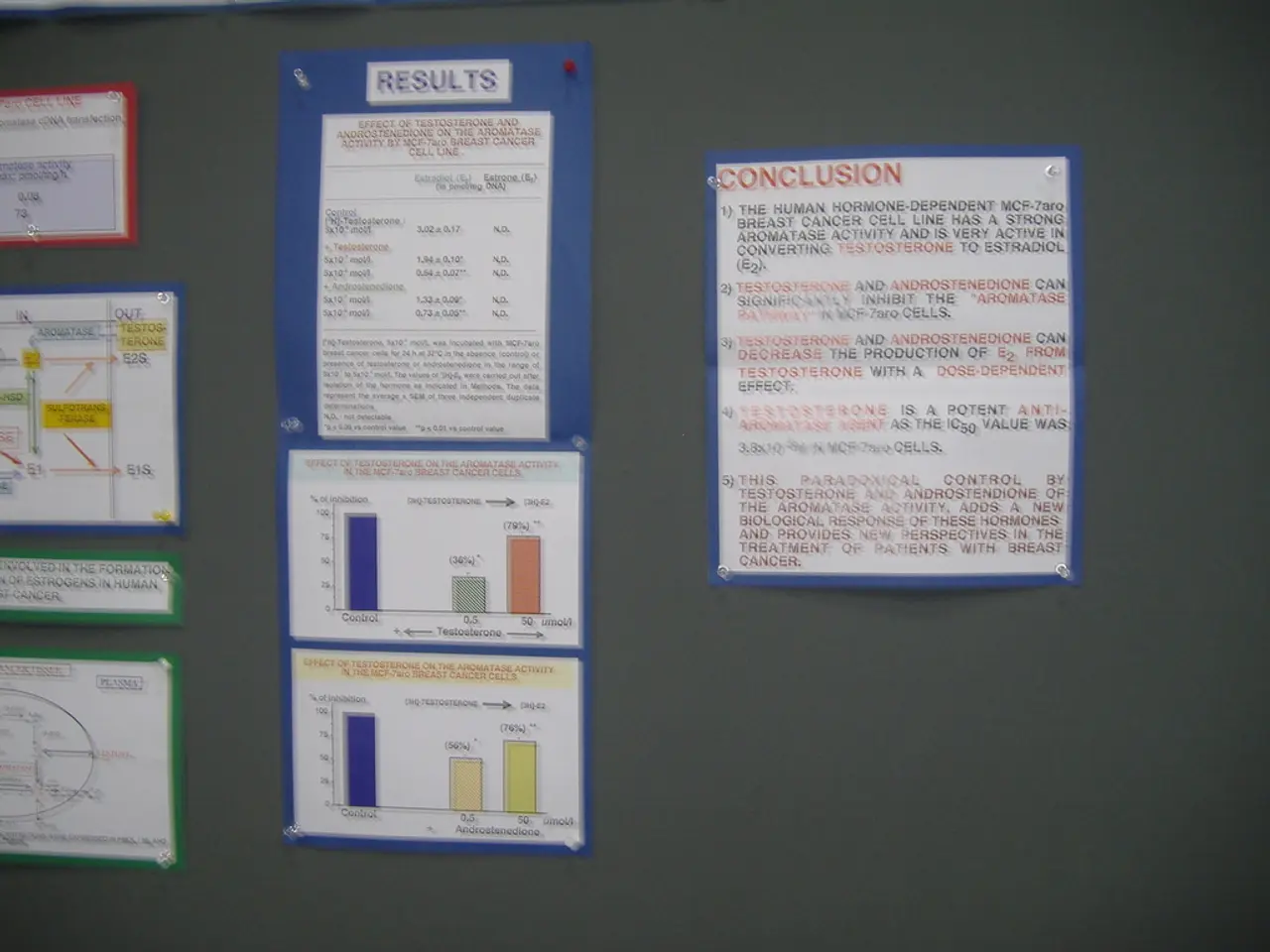Darkest day recognized in TD's shareholder meeting
TD Bank, one of Canada's largest financial institutions, has agreed to pay a $3.09 billion settlement to U.S. authorities following admissions of guilt for multiple charges related to failings in its anti-money laundering (AML) controls. This settlement acknowledges significant deficiencies in how TD Bank monitored and controlled money laundering risks, problems serious enough to attract historic fines and regulatory limits on the bank's U.S. growth [1][2][3].
In response, TD Bank has taken substantial steps to address these AML issues and transform its organizational culture. Key actions include:
Leadership Changes
The bank has accelerated the departure of former CEO Bharat Masrani and named new executives, including Chris Ward as Head of U.S. Small Business Banking and John MacIntyre as Chair of the board. These moves reflect a strategic intent to strengthen governance and oversight [2][3].
Executive Accountability
Variable compensation for 41 executives was reduced, and all other executive pay was cut by at least 25% for 2024, signaling heightened accountability at the top [2].
Governance Reforms
A new remediation committee was created within the board to ensure management delivers on commitments made to regulators and oversees cultural and procedural reforms aimed at compliance [2].
Strategic Focus on Risk and Compliance
The bank has been investing heavily in remediation efforts to fix its compliance and risk procedures, reflecting a broader culture shift towards rigorous AML controls and rebuilding investor trust [3].
Together, these measures highlight TD Bank’s active effort not only to resolve regulatory hurdles but also to establish a lasting culture of compliance and risk management. This cultural shift is particularly emphasized through leadership renewal, strengthened oversight, and clear accountability at senior management levels [2][3].
TD's new CEO, Ray Chun, stated that the bank is conducting a strategic review to identify new opportunities to expand its business. A plan focusing on the Canadian unit, from which TD derives more than 75% of its profit, is set to be unveiled later this year.
The bank has also launched an online service to ease the mortgage application process and has hired specialists to help customers with home buying and retirement investments.
However, TD faced criticism from some shareholders, with an individual shareholder submitting a proposal calling on TD to dismiss former CEO Bharat Masrain as a special adviser. Masrani is set to leave that role July 31, anyway.
The settlement was described as the "darkest day" for the bank by TD board Chair Alan MacGibbon. Five directors chose not to stand for reelection at TD's annual general meeting. Chun emphasized the importance of a culture of accountability and curiosity within the bank.
Investors voted against every shareholder proposal at the annual meeting, including those urging the bank to adopt an artificial-intelligence code of conduct and disclose its energy supply ratio. Three of the departing directors were members of TD's risk committee.
TD's new CEO, Ray Chun, said that the bank is making consistent progress every day, with more work ahead, according to Bloomberg. The bank is redesigning its training programs at all levels, with Frank Pearn, who once served as JPMorgan Chase's chief compliance officer, joining TD in August to help with these efforts.
Two new directors, Paul Wirth and Ana Arsov, were voted in. Wirth served as Morgan Stanley's deputy CFO for 10 years, while Arsov is a longtime Moody's executive. Elio Luongo and Nathalie Palladitcheff were also voted in as new directors.
Investors for Paris Compliance withdrew a proposal seeking outside review of board governance and the bank's criteria for choosing directors, given the changes to the board.
[1] Bloomberg, "TD Said to Agree to $3 Billion U.S. Settlement Over Money-Laundering Failures," https://www.bloomberg.com/news/articles/2023-03-28/td-said-to-agree-to-3-billion-u-s-settlement-over-money-laundering-failures
[2] The Globe and Mail, "TD Bank reaches $3.09 billion settlement with U.S. authorities over money-laundering failures," https://www.theglobeandmail.com/business/article-td-bank-reaches-3-09-billion-settlement-with-u-s-authorities-over-money/
[3] Canadian Press, "TD Bank reaches $3.09 billion settlement with U.S. authorities over money-laundering failures," https://www.ctvnews.ca/business/td-bank-reaches-3-09-billion-settlement-with-u-s-authorities-over-money-laundering-failures-1.6589050
TD Bank, in buying time and striving to rebuild investor trust, has pledged to invest significantly in remediation efforts to strengthen its anti-money laundering (AML) controls and overall risk management. This strategic focus on AML issues and compliance is part of a broader cultural shift within the bank, including leadership changes, enhanced governance, increased executive accountability, and a commitment to a culture of accountability and curiosity.
The bank's efforts reflect its desire to amend its business practices in the finance and banking industry, aiming to meet regulatory expectations and set an example for other financial institutions, particularly in the burgeoning fintech sector. This stance positions TD Bank to navigate the complex landscape of the global finance and banking industry with greater agility and maturity.




